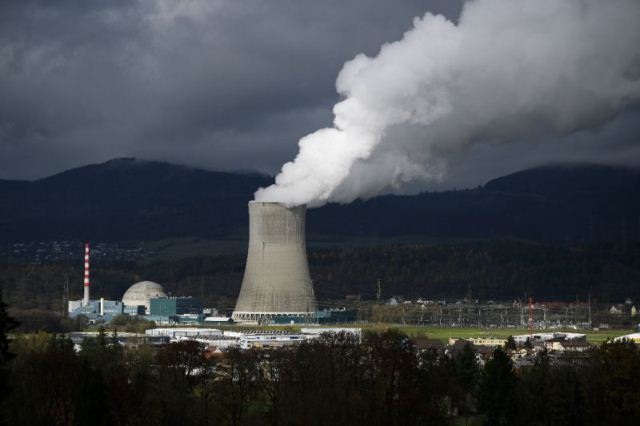
The new energy strategy has been in the making since shortly after Japan's Fukushima nuclear plant was destroyed in the March 2011 tsunami disaster, when the Swiss government decided to gradually close its nuclear plants.
Instead, it aims to increase reliance on hydraulic power as well as renewables like solar, wind, geothermal and biomass.
Early polls indicated broad support for the plan, but the most recent survey, published on May 10, showed the "yes" side slipping to 56 percent -- a drop of five points from late March.
Envoy calls for stronger Pak-Swiss ties
According to the latest poll, 37 percent of those questioned meanwhile planned to vote "no" to the new law, up from just 30 percent previously.
Voting stations open at different times across Switzerland, but will all close by noon (1000 GMT) Sunday.
Most Swiss voters meanwhile have already cast their ballots by post in the weeks leading up to the referendum, which is part of the country's famous system of direct democracy.
Switzerland set to share details on Pakistan cash stashed in banks
The government's 2050 energy strategy aims to decommission Switzerland's five ageing reactors, which today produce around a third of the country's electricity, as they reach the end of their safe operational lifespan.
But since all of Switzerland's nuclear plants have open-ended operating licences, there is no clear cut-off date determining when they should be shut down.
Last November, Swiss voters rejected a call to speed up the phaseout of the plants, which wanted to limit their operational lifespan to 45 years, in a move that would have forced three of the five reactors to close this year.
While the new energy plan does not contain a clear timetable for the nuclear phaseout, it does contain ambitious targets for reducing energy consumption and for improving energy efficacy.
Compared to levels seen in 2000, it aims to cut the average energy consumption per person per year by 16 percent by 2020 and by 43 percent by 2035.
It also calls for a rapid increase in the use of renewable power sources.
The Swiss parliament supports the new law, with the exception of the country's largest political party, the populist Swiss People's Party (SVP), which requested Sunday's referendum.









1732105641-0/BeFunky-collage-(78)1732105641-0-270x192.webp)







COMMENTS
Comments are moderated and generally will be posted if they are on-topic and not abusive.
For more information, please see our Comments FAQ